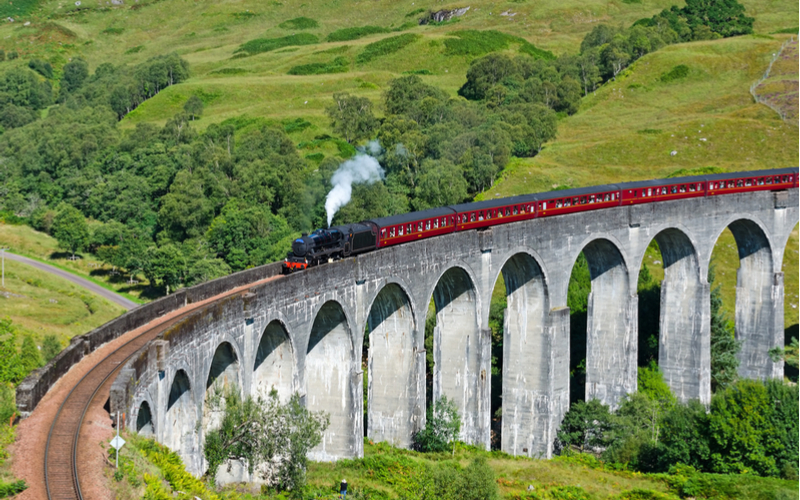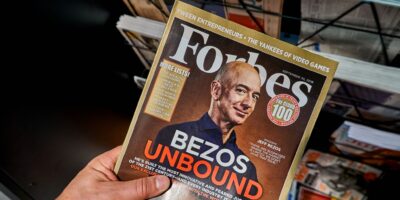How Travelling in Europe has Completely Changed
Recently, I had to go from Budapest, Hungary, to Vienna, Austria, a ride of about two-and-a-half hours. Not having a car, I had to find another way to get back home. I could have chosen the train and would have paid $45. But I ended up with an alternative: instead, I paid $10 without taking any longer.
I had surprisingly stable wifi the entire ride, even being able to watch sports on my phone – a stark contrast to the shaky connection in Europe’s trains. I got a cappuccino for free. The seats were comfortable. There were TV screens on the back of each seat with television and radio channels, a map, and music. There was even a stewardess frequently checking on all passengers.
No, I wasn’t lucky to get an extremely cheap flight on short notice. Instead, I took a bus from RegioJet, a Czech railway and coach company – a private company that is, which was founded in 2009, and has been providing cheap train and bus rides throughout Central Europe.
Deregulatory Innovation
The reason why I’m telling this is not because RegioJet is giving me money for this article. It’s rather, because it is just one example of a transport revolution that is currently occurring all around Europe thanks to deregulation measures by the EU and national governments, which makes it increasingly possible for private actors to enter railway and bus markets and make it evident that transportation doesn’t have to be – or better said, shouldn’t be, a public good provided by the state.
This was long assumed by European governments, which were also put under pressure by special interests to keep the status quo in place. Germany and France for many centuries blocked any entrance into railway by private companies and also blocked anyone to charter intercity bus rides – meaning for example that it was prohibited to ride a passenger bus from Berlin to Munich out of fear that no one would use the Deutsche Bahn – the quasi-governmental railway company, anymore. But the shocking inefficiency of railway companies has made it increasingly clear that this status quo cannot be sustained: SNCF, the French state railway company, for example, has accumulated $54 billion of debt.
Thus, the EU, which normally is not well known for providing good news, started with deregulation measures decades ago, with the “fourth railway package” coming into effect next year. It has liberalized markets and made competition across borders possible. Today the status quo faces competition from different actors, from private firms, but also from state-run companies from other countries.
Not only the EU has been responsible for that, however. In the last years, several national governments have deregulated as well, which is a process that is still ongoing (Emmanuel Macron for example is in a battle right now with French unions over reforms).
In Germany for instance, a coalition of conservatives and liberals indeed legalized intercity bus rides in 2013. After a competitive process at the start, Flixbus (which also owns the Megabus from the US) prevailed, today controlling 90 percent of the bus market in Germany, thanks to ultra-cheap prices. Buses have been dubbed as “Germany’s new favorite transport” already, while Flixbus is currently expanding to “Flixtrain,” planning to offer train rides from Munich to Berlin for $11 – taking the Deutsche Bahn would cost at least $13 (almost impossible) up to $215.
These immense price reductions – coupled with much better services, are common around the continent, so much so that this revolution has already been called an “existential threat” for old rail operators. As the consultancy Oliver Wyseman noted in 2016:
The intercity buses of today offer train-like comforts (such as luxury seats, restrooms, wi-fi, snacks, and beverages) but at a fraction of the price of rail on high-density routes. We believe that new bus operators have lured up to 20 percent of customers away from some rail services in just a couple of years, thanks to aggressive marketing tactics, a smart route network, and large seating capacities.
What this process shows is the beauty of the market at work, the improvements that can be made if it’s not a bureaucrat controlling an enterprise, but a profit-seeking entrepreneur, trying to better the situation to reap the benefits. The bus and train revolution in Europe is also a glaring example of a “creative destruction,” as Joseph Schumpeter called the instance when the status quo is faced with disruption, because new ideas are coming in.
State-run or state-privileged companies have for many decades dominated European markets. But the moment the opportunity arose for others to enter the market, those very companies faltered, while others are currently prevailing. The benefits are immense. Costs have been cut, the quality has improved, and the possibilities for Average Joe’s to travel cheaply have expanded. It is already more than government will ever get done in transportation.











